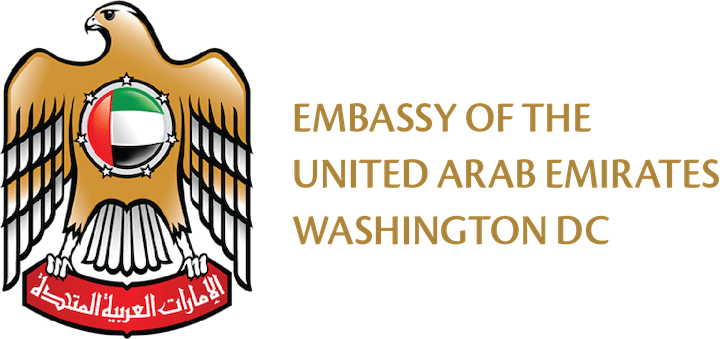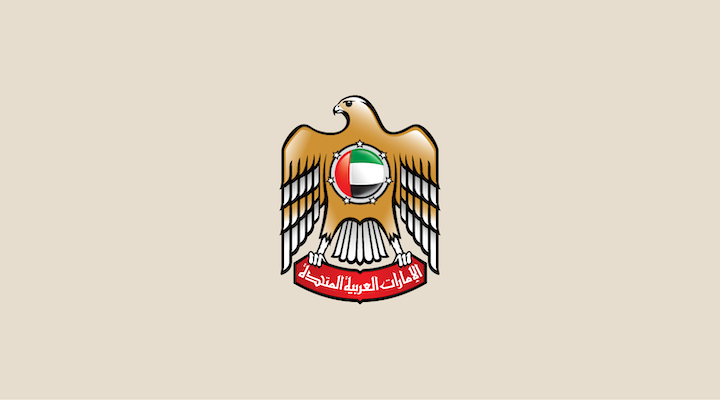Abu Dhabi Crude Oil Pipeline (ADCOP, alternatively known as the Habshan-Fujairah Pipeline) is a vital component of Emirati infrastructure that began operations on June 30, 2012. ADCOP both underscores the UAE’s commitment to enhancing security in the region and helps ensure stability of global energy markets.
Stretching about 380 kilometers from the Habshan oil fields located in the interior of the Emirate of Abu Dhabi, the state of the art pipeline winds its way through deserts and mountains to the Emirate of Fujairah on the Gulf of Oman, bypassing the Strait Hormuz. Currently, ADCOP carries 1.5 million barrels, over one-half of the U.A.E.’s daily crude oil exports to Fujairah’s onshore storage and offshore loading facilities. Over time, capacity will be boosted so that ADCOP will carry 1.8 million barrels, accounting for nearly three-quarters of the UAE’s daily crude exports and 10 percent of oil that currently passes through the Strait of Hormuz.
On an average day, 14 crude oil tankers pass through the Strait of Hormuz which cumulatively carry nearly 35 percent of the world’s sea borne oil shipments and 20 percent of oil traded worldwide. ADCOP will help reduce congestion at this strategic chokepoint and save, according to Clarkson Research Services, two days in sailing time and $38,000 in costs for ships loading crude oil in Fujairah.
Built at a cost of $3.3 billion dollars, ADCOP is owned by the International Petroleum Investment Company. Designed by WorleyParsons, construction began in March of 2008 by the China Petroleum Engineering and Construction Corporation with the offshore port facilities built by Van Oord.





